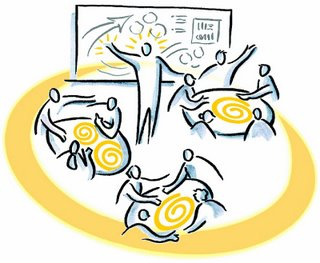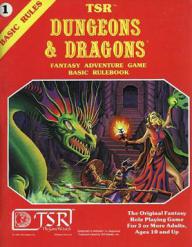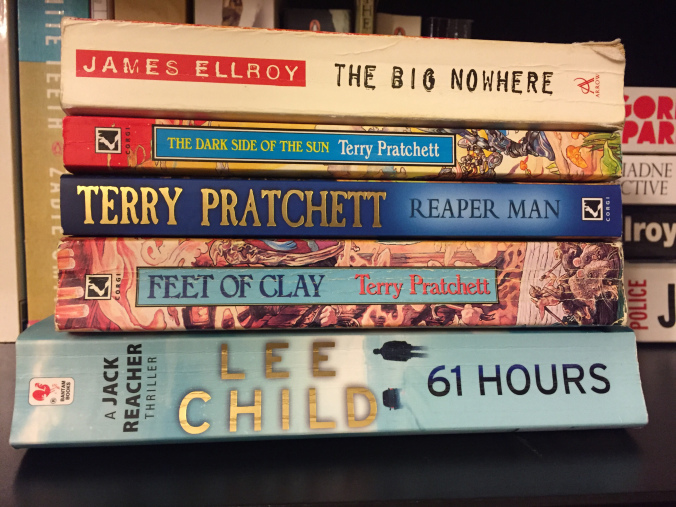 One thing that I am continuing to learning about gifted children is sometimes I need to get out of their way and let them use their abilities to solve problems, be creative, and come up with a different vision than most would see.
One thing that I am continuing to learning about gifted children is sometimes I need to get out of their way and let them use their abilities to solve problems, be creative, and come up with a different vision than most would see.
I am charged with teaching gifted children five small groups of gifted children in a pull out program for one day week. So we spend around 5 straight hours together. I absolutely love it. We do projects that cover various topics and subjects. I usually try to build a theme that lasts for 9-12 weeks. I give them short projects on that topic that last 3-5 weeks, and then we present them, or we do some sort of demonstration.
There is a difference between being a teacher and a facilitator. Here is how I see the difference, and how it can impact your teaching.
A teacher is one who is the controller of all information going forth to the students. They may see themselves as the “sage on the stage.” There is guidelines for how work is done, and all work is done closely the same way for all students. There is nothing wrong if you see yourself this way as long as you are differentiating for your high and low students, and they are growing academically and they are being challenged.
A facilitator is one who presents the information, but allows students to take that information and use to fit their vision of their final product. Instead of lecturing, the art of asking the right pointed questions at the right time is king. (Socrates had something right in way of facilitating learning.) The art of asking questions to draw out assessments as students are doing projects or in the design phase of projects can be tough to learn. You can’t point out obvious flaws, but you have to allow students to find the flaws themselves. You also have to allow students to struggle and fail, but give them time to redeem themselves.
For a long time I was the teacher who controlled the flow of learning in my classroom. I needed a change. When you move to facilitator you give up a lot of control. When you are being a facilitator you are allowing students to take risks, use skills they may need in the real world, and allow them come up with projects that will differ from each other. Your classroom becomes an active environment that can a safe and inviting place where students come to appreciate, and be challenged.
I know this type of philosophy can work in all classrooms, but I know it does work with gifted children. My students love challenges, and they like when they can have control over how they do their final projects look like. I will tell you I use rubrics as assessment tools. Sometimes students come up with the rubric and other times I make the rubric.
In any regards, sometimes you just have to get out of the way, have some faith in your guidelines and procedures for an open and safe classroom, and allow your students to learn and explore.
How do you see yourself? Teacher or facilitator?
Advertisements Share this:- Share






